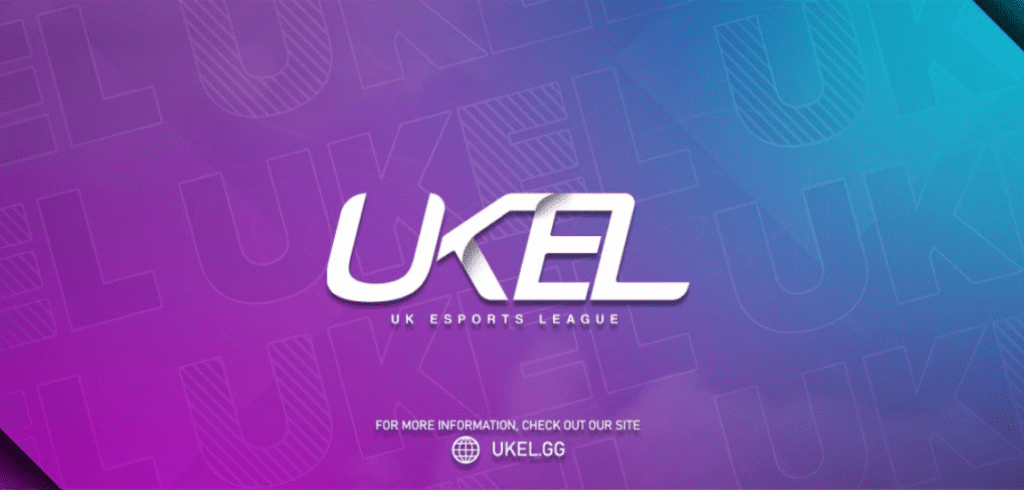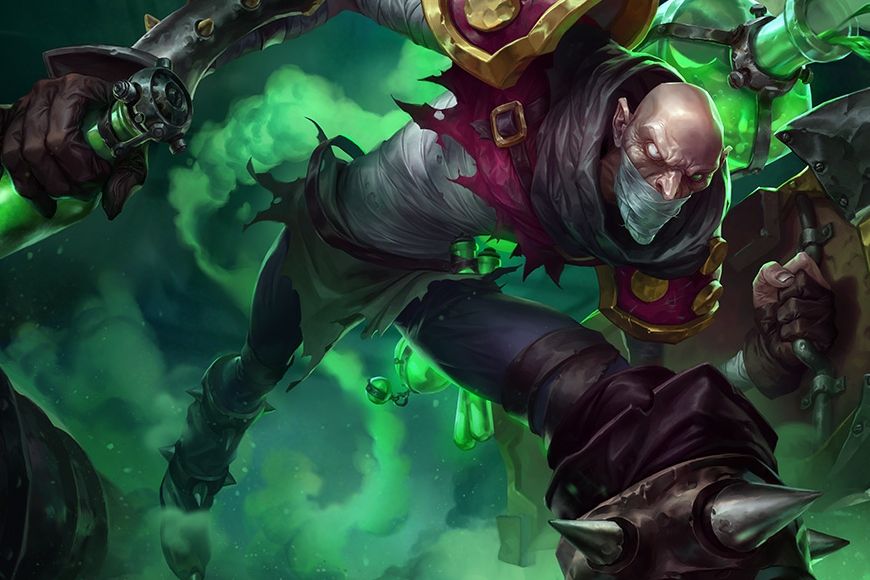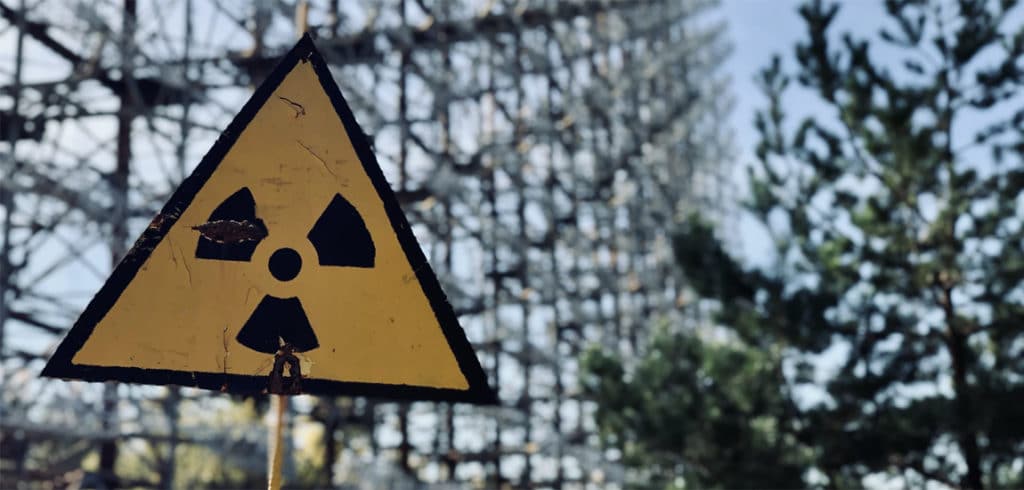Photo by Vladyslav Cherkasenko on Unsplash
Update (February 23rd 2021): The UKEL has banned Demise academy player Sultan for toxic behaviour. See the UKEL’s statement and screenshots of some of Sultan’s in-game communication here.
Original article (January 31st 2021): How many chances are too many chances? This is a question that the esports industry has been forced to ask itself numerous times in the past few years, Meg Kay writes in this opinion piece.
In the world of online gaming, the innate anonymity of the internet has often allowed intolerance, bullying, and antisocial behaviour to go unchecked for many years.
This behaviour is beginning to change, helped in no small way by the ‘MeToo’ revolution that the esports and gaming community experienced in 2020. Abusive personalities are finally beginning to be held accountable for their actions, and many online spaces are implementing firmer policies to try and combat the issues of hate speech and antisocial behaviour created in online communities.
In December of 2020, online streaming giant Twitch announced changes to its Terms of Service and Community Code, highlighting changes to its policies on Hateful Conduct, Harassment and Sexual Harassment.
These changes couldn’t come soon enough for Twitch, and will hopefully go some way in protecting vulnerable members of the online community. However, Twitch’s status as a huge corporation means that not everything within its communities can be monitored from the top down.
A lot of the policing of hateful conduct in the gaming community comes from the community itself.
What can UK esports do? And what’s the recent controversy around the UKEL?

So, what role should the community really have in policing inappropriate behaviour- and how can a community decide whether a person is capable of changing their actions?
This issue has perhaps been best exemplified in a recent controversy that took place within the UK League of Legends scene. In spring 2020, controversy erupted in the amateur League scene after two players, VayneGod and UnknownSwede (now known as Wilhelm), were found using transphobic language in Twitch chat to refer to an opponent in the SQ1 tournament they were competing in.
Both myself and Esports News UK’s Dom Sacco were contacted by an anonymous source last week, who brought this information to our attention and was clearly upset at how the players are still being allowed to play.
Community reaction to the players’ behaviour last year was of universal disgust, and both players were quickly removed from the organisation they were with at the time, and the SQ1 tournament.
With both players barred from entry, they looked to return by competing in the UKEL instead. However, UKEL co-founder Marc “Omni” Busby stated on Twitter directly after the incident that ‘neither player will play in the UKEL again’. It seemed as though both players would be out of the UK scene for good.
As is often the case, however, it was not that simple. Fast-forward to this year’s UKEL, and amongst the new organisations joining the tournament were Hyve Esports, whose jungler and AD carry were instantly recognisable as those same two players who, only a year ago, were told they would never play in the UKEL again.
According to Hyve co-owner Josh ‘Arbury’ Walters, the players have been ‘a joy to work with’ since joining the organisation, and that ‘talking about items in the past seems to be an irrelevant case’.
He tells Esports News UK: “Simply put, as long as you learn from your mistakes to better yourself, why would you let the past hang over you?”
This is the crux of the issue – how can communities and organisations ensure that players truly are learning from their mistakes? Who decides who deserves a second chance?
‘A lack of transparency’ from the UKEL
From the outset, it looks as though the issue here has come from the lack of transparency in the UKEL’s actions. For two players that were supposedly never to play in the tournament again to rejoin without so much as a whisper of protest – or any transparency with the community – seems absurd. But according to UKEL co-founder Alex ‘Synygy’ Winton, it’s not that simple.
“The plan was never to have them permanently banned,” he explains “And that’s a failing in our communication which I think is the biggest mistake we’ve made here.”
Both players have made apologies on their social media, and according to Hyve there is ‘ample resource to assist in their development paths’, which includes ‘esports staff, who monitor online behaviours.’
“Forgiveness is just as necessary as punishment in the case of toxicity. If a player serves out their punishment, and demonstrates genuine remorse for their actions, then it is the role of the gaming community to provide a space in which they can be rehabilitated from toxic behaviour.”
Their behaviour since the incident has been more professional, and both Josh and Synygy have emphasised the importance of an opportunity for change.
“I guess I’m somewhat of an optimist,” Synygy says. “I think most people do have it in them to change.”
However, he’s also setting clear boundaries for the future of both players in the UKEL: “It’s one chance, and that’s it.”
Synygy has also posted this Twitlonger expressing his thoughts in more detail:
As is often the case in conversations such as these, the conversation of this individual incident has a much wider reflection on the gaming community as a whole.
Twitch can change its terms of service all it likes, but the truth of the matter is that the anonymity of an online community allows people the freedom to say whatever they want, often with very little repercussion.
The use of derogatory language is often normalised in the gaming world, and it makes punishment nearly impossible to deliver because so many members of the community see no issue with racism, sexism and homophobia.
However, there is hope. According to Synygy, the public outcry surrounding the initial SQ1 incident is a sign that gaming is moving towards a more accepting mindset. The social media outcry surrounding those Twitch chat screenshots is a sign that the UK scene will not tolerate racism, but the lack of outcry around the players joining Hyve is a sign that the scene is willing to forgive (or perhaps some just forgot).
Is it too late? Can the tides be turned on toxic behaviour?

Gaming is a young industry. The community is populated by young people, and these young people are forced to experience the growing pains of youth in front of the audience of the internet.
It takes a while to unlearn the intolerance that pervades the gaming community, but if we do not offer young people the chance to change then they are ostracised into fringe groups who share the same mentalities.
Offering second chances brings about the opportunity for genuine change – as evidenced in the unbanning of UK Rainbow Six Siege player Jack ‘Doki’ Robertson, who was originally banned in late 2019 for toxicity.
After receiving a six-month ban from competitive play for toxic behaviour on his Twitch stream, he turned to streaming full-time, showcasing a reformed stream persona that eventually led to his ban being lifted at the start of 2020.
Forgiveness is just as necessary as punishment in the case of toxicity. If a player serves out their punishment, and demonstrates genuine remorse for their actions, then it is the role of the gaming community to provide a space in which they can be rehabilitated from toxic behaviour.
Without this forgiveness, there’s a high chance these players will never truly learn from their actions and become better, and the worst parts of the gaming community will continue to flourish.


